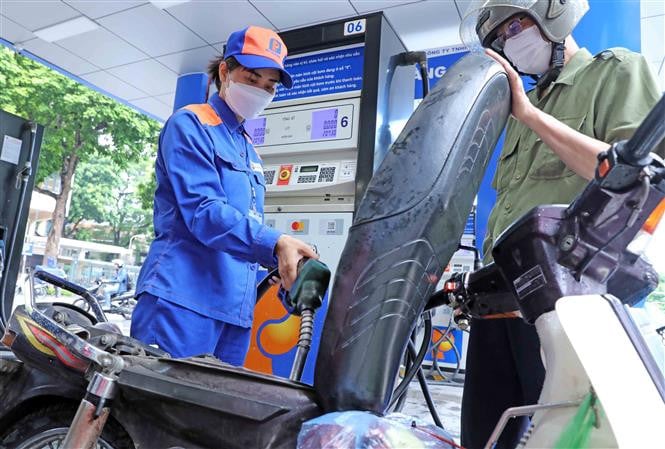
Instead, businesses (mains, distributors) calculate and decide retail prices themselves based on factors announced by the State.
Specifically, the management agency will announce the average world price every 7 days and some fixed costs (foreign exchange rate, special consumption tax, VAT, import tax). Based on this data, the main enterprise will add business expenses, standard profit, to calculate the maximum selling price. The retail price to consumers must not be higher than this maximum level, except in remote areas and islands, an additional 2%.
However, key traders in the petroleum business will have to declare prices and notify the management agency for monitoring.
This change, according to the Ministry of Industry and Trade, comes from the reality that the current mechanism for regulating gasoline prices, state management agencies and enterprises have to go through "too many steps", gasoline traders are not proactive in deciding on retail gasoline prices in their distribution system, instead they rely on the base price announced by the state management agency and then follow it.
Thus, the current mechanism for regulating gasoline prices does not ensure implementation according to the market mechanism in the spirit of Resolution No. 18-NQ/TW dated October 25, 2007 of the 10th Politburo on the orientation of Vietnam's National Energy Development Strategy to 2020, with a vision to 2050, Resolution No. 55-NQ/TW dated February 11, 2020 of the Politburo on the orientation of Vietnam's National Energy Development Strategy to 2030, with a vision to 2045.
Specifically: Applying market prices to all types of energy, removing all barriers to ensure transparent energy prices determined by the market; The State regulates reasonably through market instruments (taxes, fees, funds, etc.) and appropriate social security policies, etc.
Gasoline is one of the 9 types of goods and services with price stabilization in the List of goods and services with price stabilization as prescribed in the Law on Prices, so there needs to be a management mechanism to implement the above Resolution. The Draft Decree stipulates that the State publishes price formation factors so that enterprises can decide on their own prices, declare prices and send price declaration documents and price notifications to competent State management agencies for supervision.
Regarding the petrol price stabilization fund, the draft Decree clearly stipulates that in cases where market prices fluctuate abnormally, causing major impacts on the socio-economy or in emergency situations (natural disasters, epidemics), the Ministry of Industry and Trade, Finance and relevant parties shall report to the Government to decide on applying price stabilization measures.
The new draft also maintains the view that focal points are allowed to rent warehouses but must ensure standards and conditions. The management agency also proposes solutions to inspect, monitor and have sanctions to handle violations, not allowing exploitation and profiteering of policies.
The time for announcing the selling price of gasoline by wholesale traders and gasoline distributors is done immediately after the Ministry of Industry and Trade announces the world price of gasoline products and premium.
For mountainous, remote and island areas, petrol traders in these areas are allowed to decide on a maximum retail price increase of no more than 2% of the petrol price according to the prescribed formula.
In addition, the Ministry of Industry and Trade proposed that the Government stipulate that distributors are not allowed to buy and sell gasoline with each other. This is to avoid cross-buying, creating intermediaries, adding costs in this stage, making it difficult to control supply sources...
Source: https://baohaiduong.vn/bo-cong-thuong-giu-de-xuat-doanh-nghiep-tu-quyet-gia-ban-le-xang-dau-387215.html






![[Photo] Prime Minister Pham Minh Chinh chairs conference on anti-smuggling, trade fraud, and counterfeit goods](https://vphoto.vietnam.vn/thumb/1200x675/vietnam/resource/IMAGE/2025/5/14/6cd67667e99e4248b7d4f587fd21e37c)

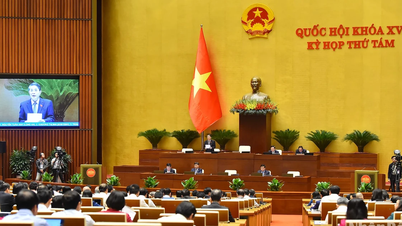
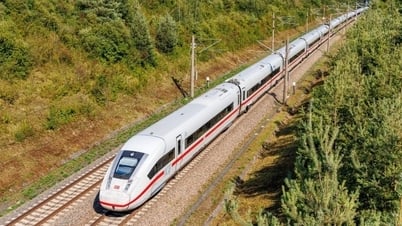


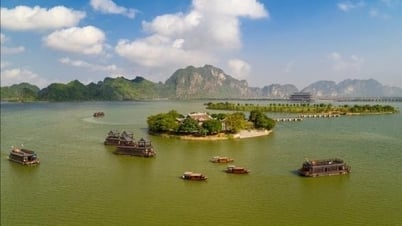

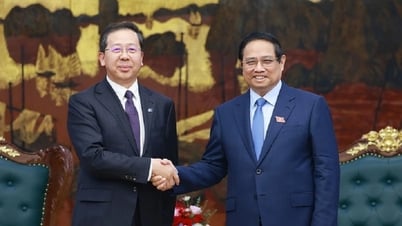






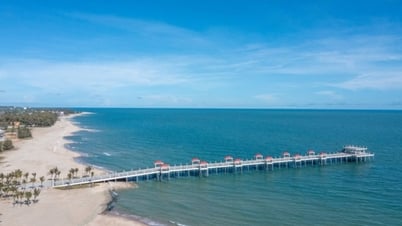

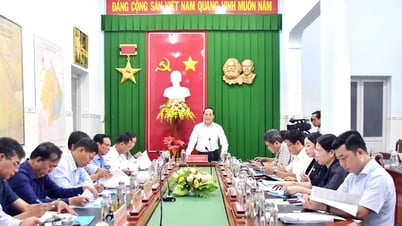
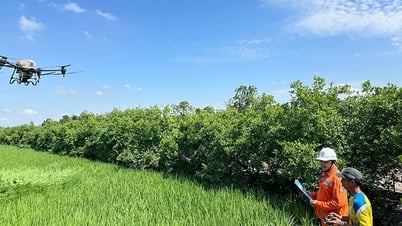











































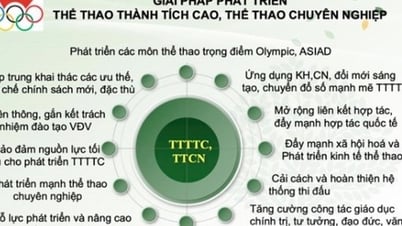


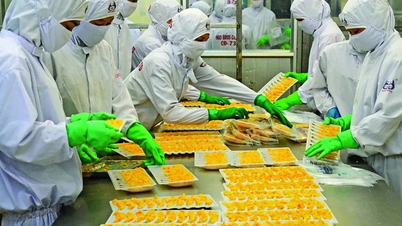
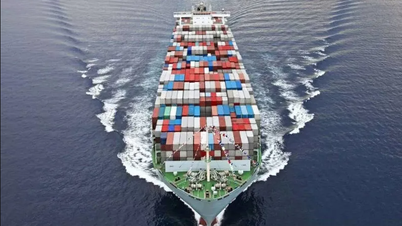
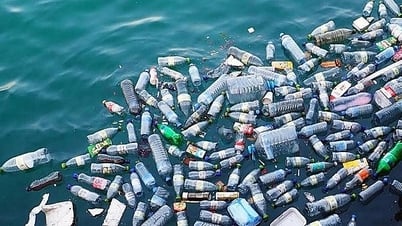
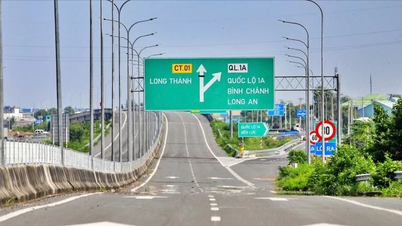



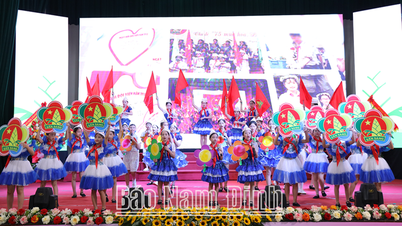
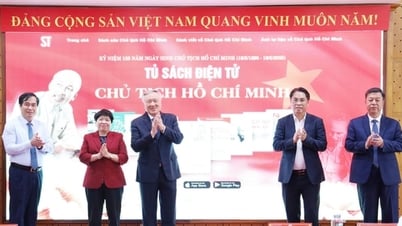



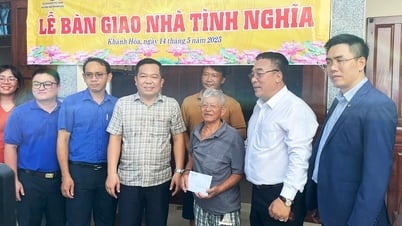








Comment (0)